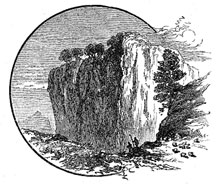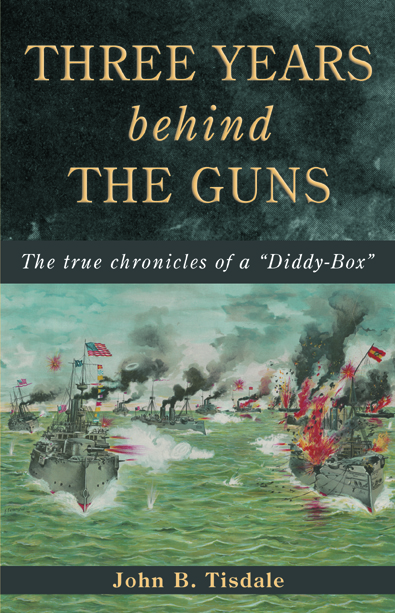
P.O. Box 1333
Merchantville NJ 08109, USA
Email: info@arxpub.com
 |
Arx Publishing, LLC P.O. Box 1333 Merchantville NJ 08109, USA Email: info@arxpub.com |
|
|
|
||
 |
THE Tarpeian Rock An Annual Literary Magazine "Hinc ad Tarpeiam sedem et Capitolia ducit aurea nunc, olim siluestribus horrida dumis." --Virgil's Aeneid, VIII, l. 347-8 |
Articles from the 2019 issue... The Kisses That Killed Prejudice La Pucelle "It's Either Surrender or Fight!" Return to Tarpeian Rock homepage |
 The Spanish squadron, protected by great booms hung with chains,
and by lighters of stone and water, lay in line from Sangley
Point to Las Pinas, and we swung our course and rode into the
fray for already they were shelling us from the forts) with a
leisurely grace of maneuver that we could not have excelled on a
Presidential review. And our hearts were threatening to burst
from an intensity of desire as we listened to the calling of the
ranges, and writhed under the order that passed along the line,
“Hold your fire until the bugle sounds.”
The Spanish squadron, protected by great booms hung with chains,
and by lighters of stone and water, lay in line from Sangley
Point to Las Pinas, and we swung our course and rode into the
fray for already they were shelling us from the forts) with a
leisurely grace of maneuver that we could not have excelled on a
Presidential review. And our hearts were threatening to burst
from an intensity of desire as we listened to the calling of the
ranges, and writhed under the order that passed along the line,
“Hold your fire until the bugle sounds.” | Visit the |
 |